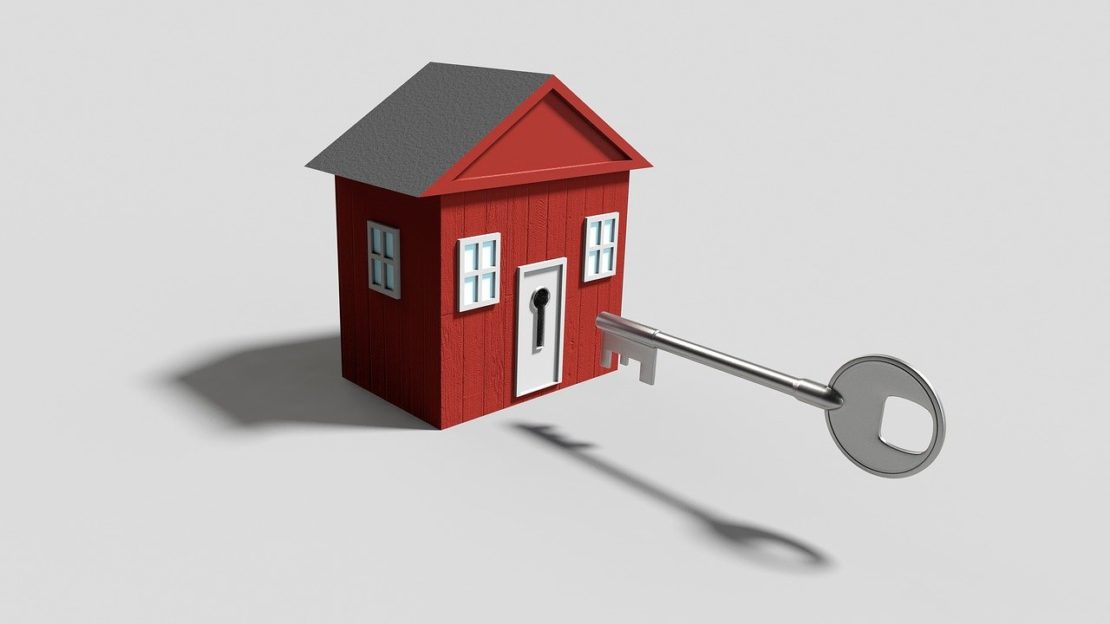Ready to buy your first home? Not without a loan. What type of loan? First-time buyers often have unique needs. Maybe you don’t have the usual 20 percent down payment. Maybe your credit score is less than stellar. That doesn’t mean your new home dreams can’t become reality. It just means you will need to do a little shopping around. Here are some tips so you can get moving on your new home in Marvida.
What is a First-time Buyer?
The term “first-time buyer” conjures images of a young couple eagerly searching for a small starter home. While that is true, it isn’t the only definition used by the U.S. Department of Housing and Urban Development (HUD).
To qualify as a first-time buyer for loans, HUD says you must be:
- An individual who has not owned a principal residence for three years. If you had a home but sold it and moved into an apartment more than three years ago, you qualify as a first-time buyer. If you have a home but your spouse has not owned one for three years, you qualify together.
- A single parent who has only owned a home with a former spouse while married.
- A displaced homemaker who has only owned with a spouse.
- An individual who has only owned a principal residence not permanently affixed to a permanent foundation in accordance with applicable regulations. A manufactured home might qualify, for example.
- An individual who has only owned a property that was not in compliance with state, local, or model building codes — and that cannot be brought into compliance for less than the cost of constructing a permanent structure.
What Are Your Best Bets for Loans?
There are six types of loans that tend to work best for first-time buyers. These loans often require a smaller down payment or have looser credit rating requirements. There is no guarantee that you will be approved for any of these loans. Work with a qualified lender who can help you decide which is best suited to your needs.
FHA Loans – These loans are guaranteed by the Federal Housing Administration. First-time buyers are eligible for down payments as low as 3.5 percent. A 20 percent down payment on a $200,000 home would be $40,000. With an FHA loan it would only be $7,000. To qualify, you can have a credit score as low as 580. Ten percent down lowers it to 500. You will have to purchase mortgage insurance to ensure the lender is protected in case you default. This comes as an upfront fee at closing and then an annual mortgage insurance premium, which is spread out across your monthly payments. The upfront fee can be sizable — $3,500 on a $200,000 loan.
Conventional 97 Loan – If your credit rating is good and you would rather not be locked into monthly insurance payments for the life of your loan, a conventional 97 loan might be right for you. This loan only requires 3 percent down. However, you need a credit rating of 620 or above. You will have to purchase mortgage insurance but there is no upfront fee, and you can cancel the insurance after you’ve gained enough equity in your home.
Fannie Mae HomeReady and Freddie Mac Home Possible – Two other loan types that allow you to put as little as 3 percent down are offered by Fannie Mae and Freddie Mac. Like the Conventional 97 you can cancel your mortgage insurance when you have gained enough equity. You need a credit score of 620 to qualify. The Home Possible loan allows you to use gift funds for up to 100 percent of the down payment. With a HomeReady loan, you can include a co-signer’s income and any income from a roommate or boarder. However, your income cannot exceed more than 80 percent of the median income in your area.
USDA Loan – If you’ve found a home you love in a small town or rural area, you might qualify for a USDA loan. You can find out if the property you are interested qualifies here. If it does, you won’t have to put any money down. You will have to buy mortgage insurance, but the cost will be very low. Your interest rate will be much lower, as well.
VA Loan – If you or a spouse are or were in the military, this may be your best option. No down payment is required. There is no ongoing mortgage insurance. Lower credit scores are allowed. Borrowers do pay an upfront VA funding fee.
Good Neighbor Next Door Loan – If you are a teacher (pre-Kindergarten through 12th grade), firefighter, law enforcement officer or emergency medical technician, you may qualify for this loan offered by the U.S. Department of Housing and Urban Development. There is no income requirement, but you must commit to buying a home listed for sale by HUD in a “revitalization” zone. You must also live in the home for a minimum of 36 months.
Programs You Should Know About
There are state- and county-level programs that can help you step into a new home. The
Texas Homebuyer Program offers flexible down payment assistance programs, a Mortgage Tax Credit Program (MCC) and support from an experienced network of mortgage and real estate professionals. In Harris County, where Marvida is located, the Downpayment Assistance Program (DAP) can provide financial assistance.



